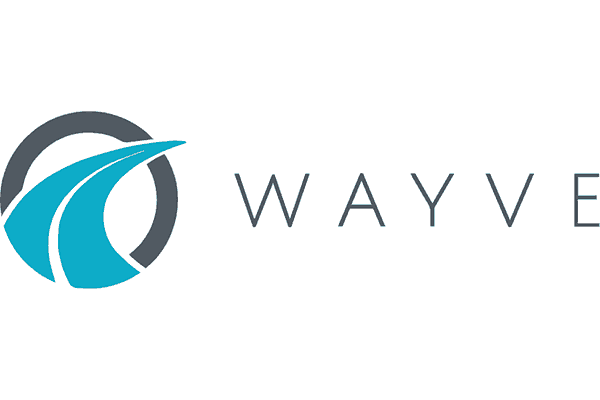Apple Pay is the victim of a much bigger conflict.
- It looks like mobile based payments are at last about to see some traction, catalysed by Apple Pay, but already the battle lines are being drawn
- CVS and Rite Aid, the number 2 and 3 pharmacy chains in the US have both decided withdraw support for Apple Pay and Google Wallet despite having all the hardware already installed that is needed to support it.
- Users have already used Apple Pay in both pharmacies since the system launched as it generally works with all retail NFC systems despite neither being a launch partner for Apple Pay.
- Both companies have decided to switch off support for NFC based payments entirely, I suspect at the request of MCX.
- MCX is the Merchant Customer Exchange which is an alliance of retailers who have got together to create an alternative to Visa and MasterCard for the processing of consumer purchases.
- Each time a consumer pays with a card, the retailer pays a fee to have the transaction processed and this has a meaningful impact on the wafer thin margins of the retailers.
- This is a constant problem for the retailers and they are very keen to find an alternative where there is a much lower fee just to cover the real cost of the transaction.
- MCX has created its own mobile based payments system called CurrentC and there is a preference that consumers use that.
- CurrentC is a system that has been clearly designed to meet the needs of the retailer to the detriment of the user experience.
- Consequently, using CurrentC is more cumbersome than paying with a credit card and I think that consumers will refuse to use it.
- By contrast, Apple Pay is fast and easy but it uses the established processing infrastructure.
- This means that if Apple Pay becomes a standard method of payment in the US, the retailers will be even more locked into paying away a big portion of their profits for payments processing.
- However, Walgreens which is the biggest pharmacy in the US, has embraced Apple Pay with many users reporting success.
- The crunch will come if users start going to Walgreens rather than CVS or Rite Aid for their pharmacy products due to this issue.
- Should this come to pass than CVS and Rite Aid will have no choice but to return to supporting the NFC-based mobile payment systems.
- If MCX is smart, it will quickly move its payment processing infrastructure to support Apple Pay because then it can achieve its own aims while keeping the consumers happy.
- Unfortunately, I suspect that there are all sorts of vested interests that will keep this from happening putting the success of MCX at risk.
- The consumer is king and there will always be alternative’s where he can use whatever payment system he desires.
- The sooner MCX realises that the financial well-being of its members depends on happy consumers, the better its chance of breaking Visa and MasterCard’s stranglehold on payments processing.









Blog Comments
Sam Jebeli-Javan
October 27, 2014 at 3:26 pm
Processing cash costs more than credit via the schemes. There is no cost save in the alternatives.